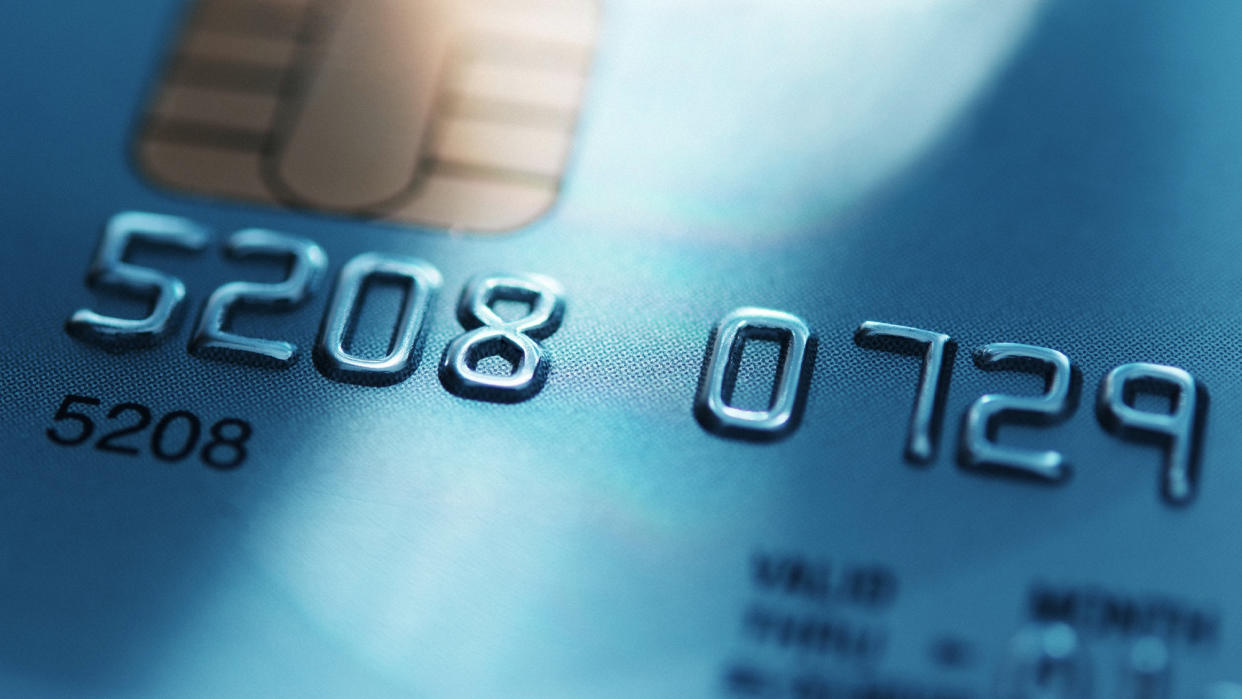Should you use autopay?

Autopay — or the option to automate regular transfers from a bank account to pay recurring bills — is often touted as a great way to ensure you make payments on time, thus avoiding the consequences of paying late.
But, as it turns out, autopay isn't always as good as it may seem. According to The Wall Street Journal, automatic payments are actually "costing many consumers money." As the "share of credit-card accounts enrolled in these automatic payments roughly doubled between 2015 and 2020 and continues to rise," the "total fees and interest paid by cardholders rose 19%."
Why are people paying more?
The fact that autopay is causing some consumers to pay more might seem counterintuitive. Theoretically, as the Journal explained, "higher autopay enrollment should lead to reduced credit-card fees since customers who sign up for automated payments are less likely to forget to pay and thus can avoid late fees and interest charges."
But in reality, "consumers often wind up underpaying when they autopay." In fact, borrowers who use autopay pay off on average "between 8% and 17% less of their monthly credit-card balances compared with customers who make manual payments," the Journal reported, per a study from Jialan Wang, associate professor of finance at the University of Illinois Urbana-Champaign and a former economist for the Consumer Financial Protection Bureau. In turn, these lower payments "lead to paying more in interest, which might offset the benefit of avoiding late fees, especially as interest rates rise," the Journal explained.
Are there other downsides of autopay?
You could face overdraft fees. An autopay withdrawal could result in an overdraft and an overdraft fee if you're not keeping close tabs on your finances, Nerdwallet highlighted.
You may lose track of subscriptions. "With autopay, some bills become out of sight and out of mind," explained GoBankingRates. This can cause you to lose track of which subscriptions you're paying for or fall "into a rut of paying for a membership you never use." You might also not notice changes in pricing or the addition of unexpected fees.
You might miss billing mistakes. If you're not making your payments manually, you might not notice billing errors, like "if your phone company accidentally withdraws your monthly payment twice" or if "your cable provider adds a zero to your balance," Nerdwallet noted.
You could fall out of touch with your finances. The more you automate your financial life, the less you handle yourself. The practice of "actively managing your account helps you stay on top of your spending and spot any fraudulent charges," the Journal explained.
How can you use autopay responsibly?
Aim to always pay your balance in full. Per the Journal, "The only surefire way to avoid fees and interest charges with autopay is to pay off your balance in full."
Be strategic about when automatic withdrawals occur. If you're worried about overdrafts, consider rescheduling your automatic payment from the default date to a day that aligns better with your paycheck, the Journal advised.
Sign up for alerts. Avoid a dreaded overdraft by signing up for email or text reminders, which can alert you of an upcoming due date or let you know if your balance is running low, explained Nerdwallet.
Be choosy about which bills you automate. Some bills may be better suited to autopay than others. For instance, if you know you have a tendency to overspend on your credit card, you might choose to manually pay that bill so you can review your spending and assess areas to cut back.

